Mayor of the moment
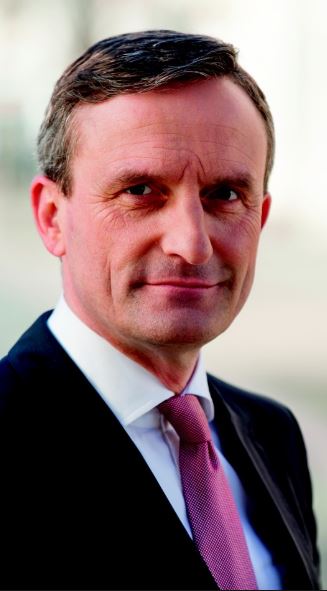
Thomas
GeiselDüsseldorf
Biography
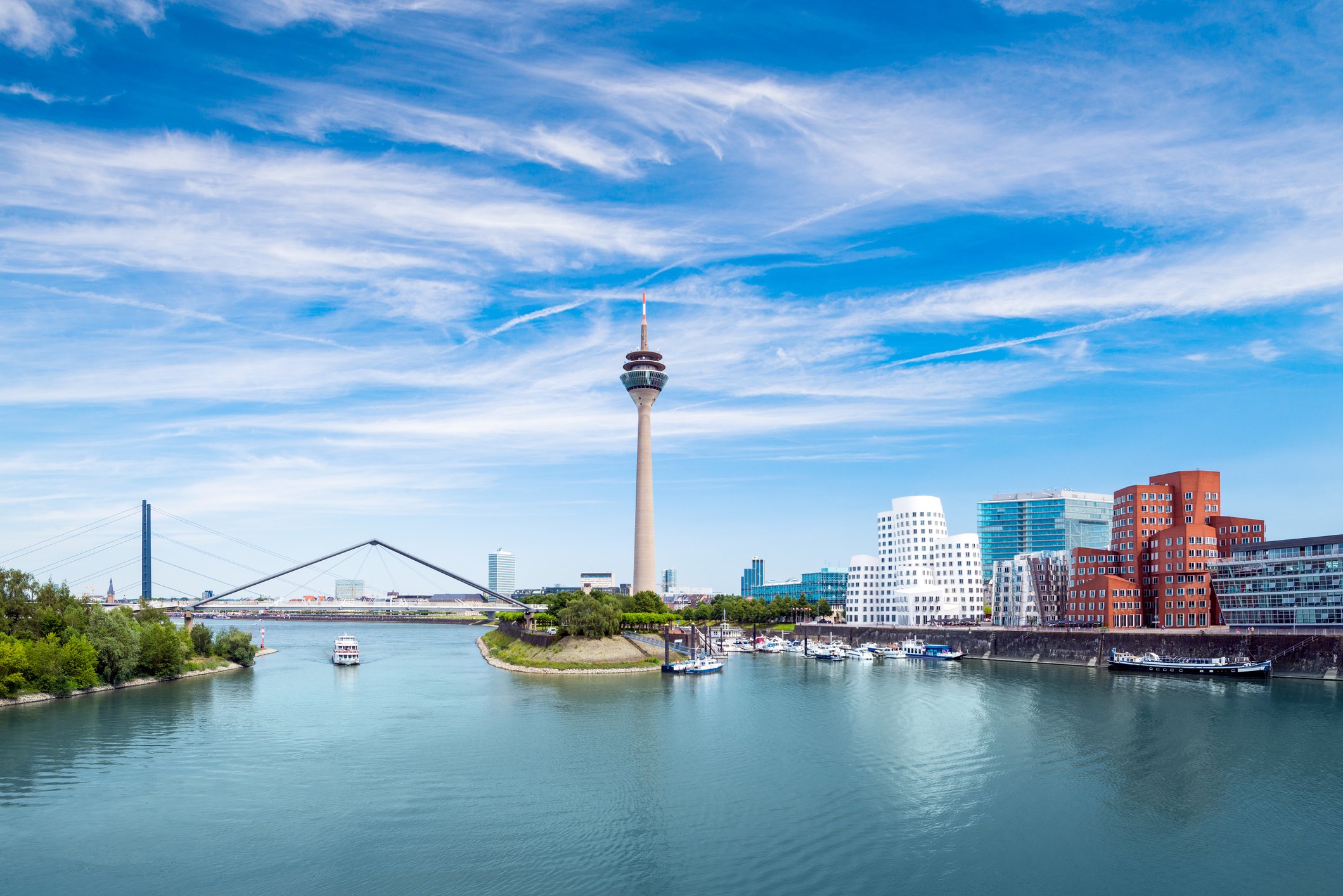
1. You’ve stated that cities are key players in the fight against inequality. What are some of the ways in which you are trying to address inequality in Dusseldorf? What are some of the results you’re seeing and how do you feel residents are benefiting from an inclusive approach?
I consider one of the most important responsibilities of cities to provide equal opportunities for their citizens. In times when the gap between the rich and the poor is widening, in Düsseldorf, we are focusing on housing and education. We are investing roughly €1 billion in our public schools, elementary and high schools as well as vocational schools . In that respect, Düsseldorf is probably number one in Germany. We strongly believe that education is the key to maintain social mobility and social cohesion. We also invest in daycare facilities, which are free of charge so as to to provide access to these institutions for all children regardless of social background.
As Düsseldorf is a growing city, housing is a major challenge for local politics. We do encourage housing construction in general, but with a particular focus on our communal housing company, which focuses on affordable housing for low and middle income households. For the first time in many years and probably as the only city in Northrhine Westphalia we managed in 2018 to add more units to the publicly subsidized housing stock then were lost due to the expiration of the subsidizing period. Clearly our aim is to keep our residential areas thriving and diverse and prevent the development of socially troubled declining neighborhoods.
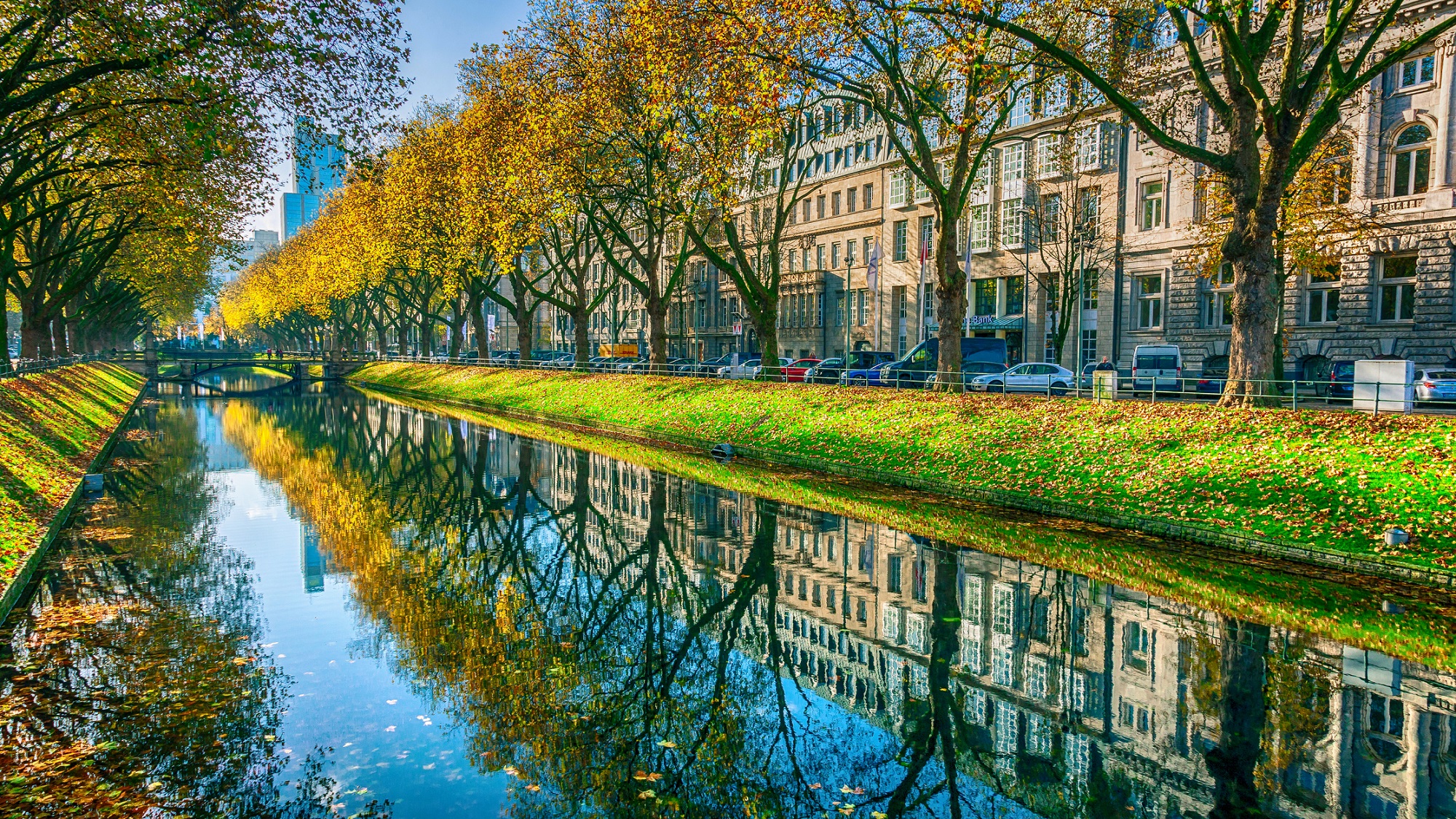
2. Neighbourhood investment is playing an important role in Dusseldorf’s development. What types of investments is the city pursuing and how are you ensuring they will increase resident well being and contribute to your inclusive growth agenda? How are you involving residents in this process and decisions?
Düsseldorf has grown in recent years and continues to grow. Many new office spaces are currently being created, and construction cranes can be seen in many places. However, the dominant theme in Düsseldorf is the great demand for affordable living space in city districts. We must counteract price increases with the construction of new apartments. The central guidelines of Düsseldorf’s urban planning provide a framework for action, the central message of which is “interior densification rather than urban sprawl”. New apartments are to be built primarily on former brownfields or underused courtyards. Of course, we are in the midst of an ongoing discussion process on this issue. How much redensification is tolerable? On the other hand, many unattractive brownfields in the city districts are currently being renovated and developed, additional residents are strengthening the existing retail trade, and infrastructure such as schools and kindergartens are being renewed. Düsseldorf is currently running an almost unique school building programme.
A further guideline of Düsseldorf’s urban planning is the involvement of citizens: in workshops and discussion events, a suitable development concept is being developed for each location. The best example is a vocational college and new residential areas at the central station in the Benrath district. Here there were many reservations, such as fears of a traffic collapse, which were discussed in workshops and on site. The opposite has happened: Many students use the excellent public transport connections, the retail trade in the district was also given a new impulse by the native and new residents. The result: the district remains young and lively.
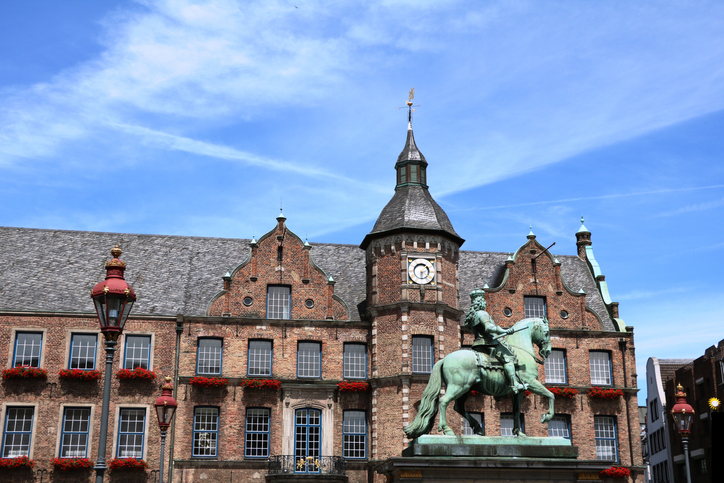
3. Dusseldorf is a dynamic place currently experiencing a boom in growth and activity with the city almost doubling in size during the week days. What are some of the ways you are managing these flows ? And what are some measures you are putting in place to ensure sustainability in the long term?
Düsseldorf is an attractive commuter destination: 300,000 people come to the city every day to work or learn – and this trend is rising. To date, almost three out of four of these commuters have traveled by car. In contrast, 65% of the city’s population of around 640,000 have access to the network of buses, trains, and bicycles. This quota must also be the target for commuters so that we can significantly reduce pollution levels and achieve our climate targets. The city council recently declared a climate emergency and agreed on climate neutrality until 2035. This is not a self-runner – the topic of traffic turnaround in particular is a major challenge.
A mobility society should accelerate the process of traffic turnaround with new ideas. We also want to achieve what was managed in Copenhagen – but in our own way in Düsseldorf: a widely accepted right of way for buses, trains and bicycles. We are by no means at the end of our thinking, but we have already made some progress towards making environmentally friendly mobility more attractive: new light rail lines, fast metro buses and shorter intervals in public transport are firmly planned. Sharing offers, which combine a ticket for all public transport with a best-price bill, and mobile stations should make it possible to switch between modes of transport on the fly. We want to ensure that people prefer to travel by bicycle, bus and train – and move without cars.
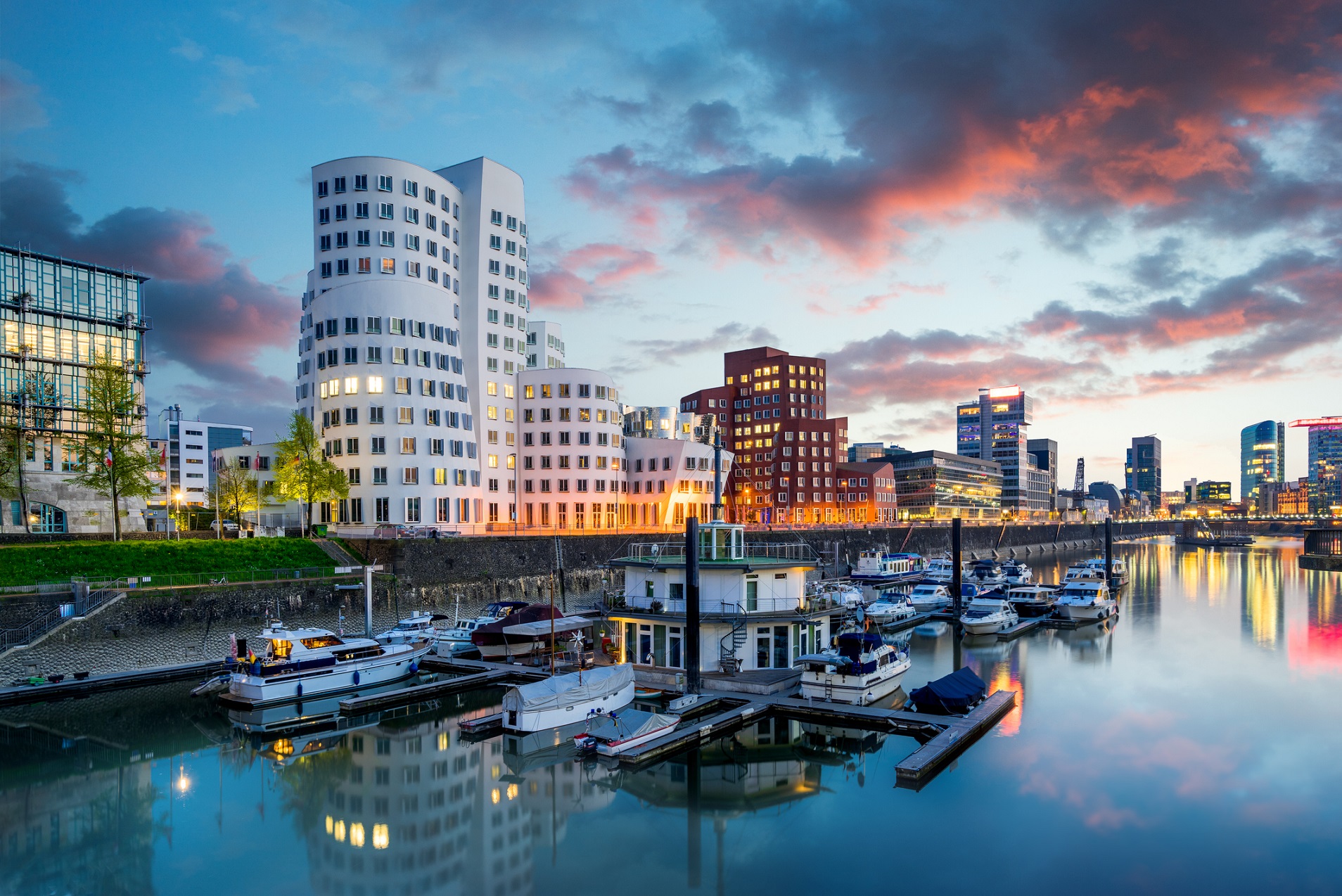
4. Your multifaceted approach to refugee integration resulted in the Refugee Round Table to address immediate needs. What have been some of the successes and challenges of this approach?
Since 2011, the number of refugees has risen nationwide – also in Düsseldorf. The rapid influx of new refugees posed completely new challenges for integration. Mayor Thomas Geisel initiated the Asylum Round Table in Autumn 2014 in order to accommodate the refugees as optimally as possible and improve their living conditions. Administration, politics, welfare associations, churches, police, housing companies and refugee initiatives discussed where asylum seekers could be accommodated. Further topics included improvement of medical care, the health situation, social care, school integration and language courses. The participants of the Round Table met regularly to find solutions to current problems. We don’t want to hide the fact that the city’s integration policy has not been applauded everywhere. In Düsseldorf – as in other cities – there were marches by xenophobic, partly right-wing groups. We can be proud that our city has not given in to this – even if xenophobia has not completely disappeared and we have to be vigilant that it does not grow.
The Asylum Round Table of the state capital Düsseldorf met a total of 18 times and was suspended in April 2018 in view of the falling numbers of refugees. The newly created Office for Migration and Integration no longer focuses on creating new accommodation, but on improving the housing situation of refugees.
In June 2019 a total of 5646 refugees were still registered in Düsseldorf. By comparison, in January 2017 a total of 7,708 refugees were registered in Düsseldorf, the highest number ever. The city has invested around 50 million euros in the construction of refugee shelters.

